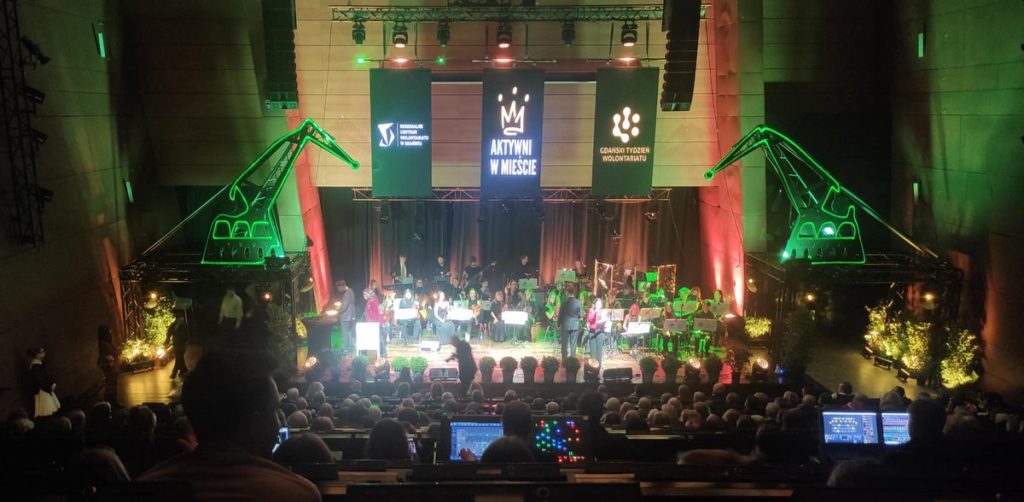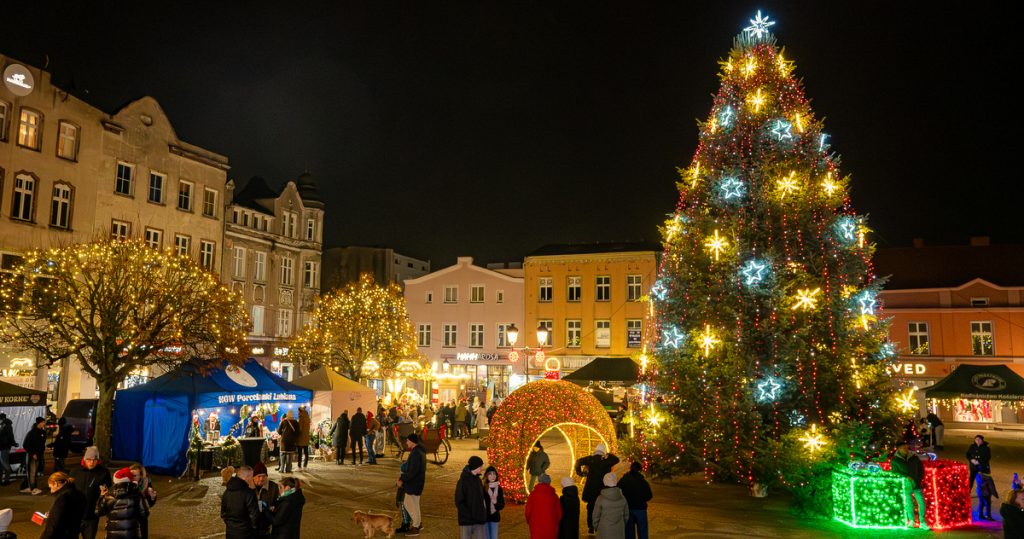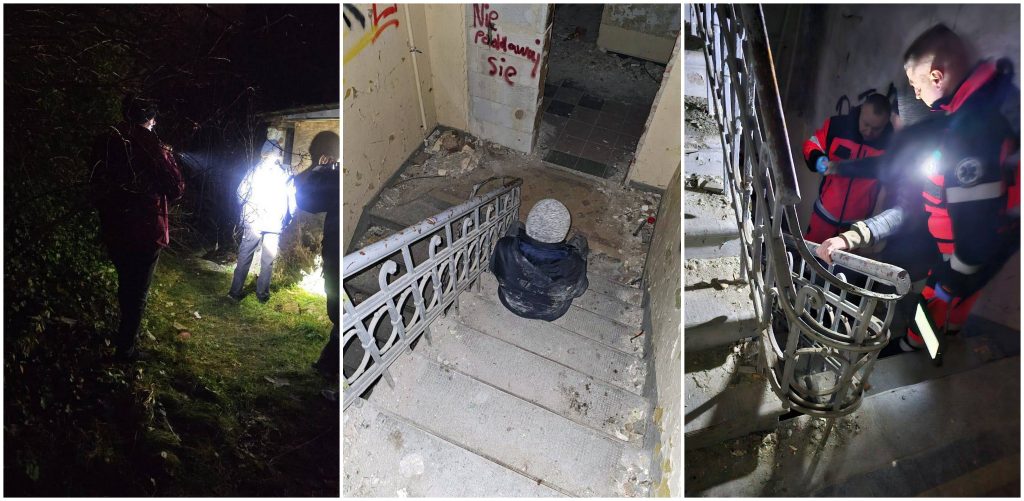In an interview in the Frankfurter Allgemeine Zeitung, Slovak President Čaputová said that she backed the EU’s stance on Russia, adding that Slovakia “supports economic sanctions until the situation is normalised, i.e. the fulfilment of the Minsk Agreements.”
The agreements are a set of peace accords between Russia and Ukraine, and brokered by France and Germany. They aimed to end an ongoing separatist conflict in eastern Ukraine, where clashes between Ukrainian troops and Russian-backed forces have killed thousands.
The EU imposed sanctions on Moscow after Russia annexed Crimea from Ukraine in March 2014. EU leaders in June agreed to prolong economic sanctions until January 2020.
Politechnika Gdańsk launches new degree in offshore wind energy development
Beginning this October, the Gdańsk University of Technology plans to launch the first ever postgraduate program in Poland focusing on offshore wind energy development.
The program aims to train specialists “who will not only build [wind turbines] but also operate them.” stressed the Vice-Rector for Education at Politechnika Gdańska. The president of the Polish Offshore Wind Energy Society (PTMEW), with whom the university signed an agreement on Tuesday, stressed that though wind power has been developing over the past several years, “offshore wind energy in Poland is a completely new field and for now it is a non-existent sector of our economy.”
The creation of this specialty is in response to the changing demands of the Polish economy, in particular planned investments by the Polish government into renewable energy.
Applications for the first cohort of the two semester program will be accepted until September 15th at the Faculty of Ocean Engineering and Ship Technology. 25-30 places will potentially be available, depending on interest.
New tax on plastic bags set to go into effect September 1
As of September 1, all plastic bags – excluding the extremely thin bags for wrapping food – will now set retailers (and presumably customers) back roughly 25 groszy.
According to Minister of the Environment Henryk Kowalczyk, the new regulations are a result of retailers circumventing previous regulations requiring a recycling fee for thinner bags (under 50 microns). Rather than reduce the amount of plastic bags being used, retailers merely gave customers thicker bags that were not charged the recycling fee.
As such, the 2018 act on plastic bags did not fulfill its role of having a positive ecological impact “hence the decision to cover all plastics above 15 micrometers with fees” – Kowalczyk explained. “I hope that this change will make us slowly move away from using plastics,” he added. Currently, the average Pole uses up to 300 plastic bags each year.
Similar to other EU legislation regarding single use plastics, the 2018 act focused on lightweight bags below 50 microns of thickness, as these were more likely to be used only once and thus contribute to more waste.
According to estimates by the Ministry of Finance, subjecting all plastic bags to the recycling fee is expected to provide an additional 63 million PLN to the budget this year, and for all of 2020, bag fees are expected to bring in nearly 1.5 billion PLN.
Gdynia residents to be left out in the cold (water)
Officials have begun notifying residents of the Witomina, Dąbrowa, Karwin, Mały Kack and Wielki Kack districts of Gdynia that they will be without hot water from August 25th to September 1st.
The shutoff is due to the construction of the 40-kilometer Kashubian Route expressway from Gdynia to Bożegopola. Notifications have already begun to appear in the affected districts, which are home to some 80,000 Gdynia residents.
Solidarity of Arts Festival begins today around the Gdańsk Shipyard
The opening of the 11th annual Solidarity of Arts Festival (SOFA) will feature concerts, film screenings, and discussions at the European Solidarity Center, B90 and 100cznia.
The annual festival invites artists who embody solidarity in their art by opposing injustice, defending human rights, and engaging in bold experimental forms of artistic expression. Oleg Sencow – the jailed Ukrainian writer, director, and documentarian – is the symbolic hero of this year’s festival, which will feature Sencow’s story and work alongside other directors such as Agnieszka Holland, and round table debates with performers and participants.
Tonight’s concert at B90 will feature legendary German electronic music band Tangerine Dream, one of the first Western groups to tour behind the Iron Curtain, along with Holly Herndon, an American who combines choral music with AI, and Australian composer Ben Frost, who created the soundtrack for the Netflix series “Dark” among other projects.
EP/RGEN NEWS







